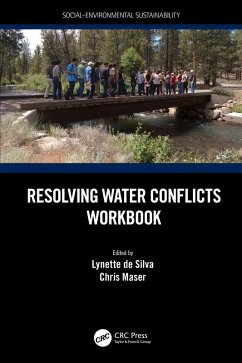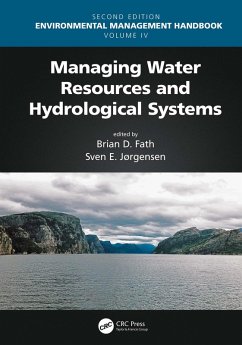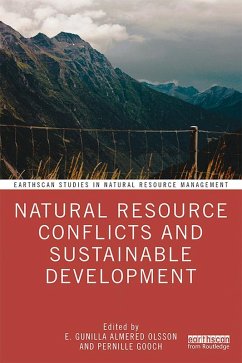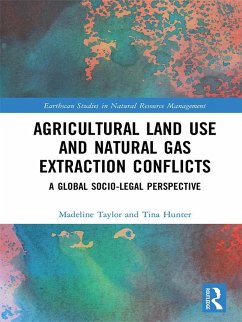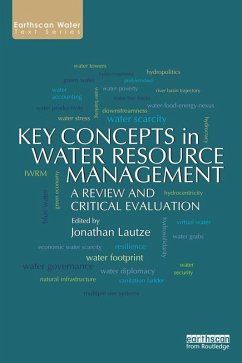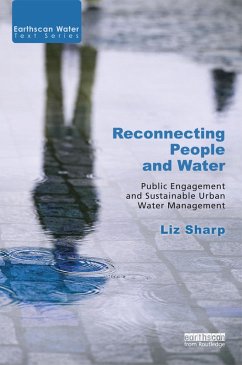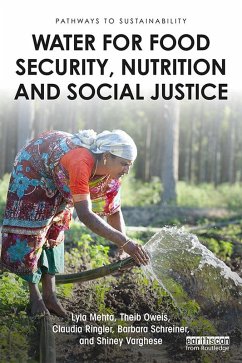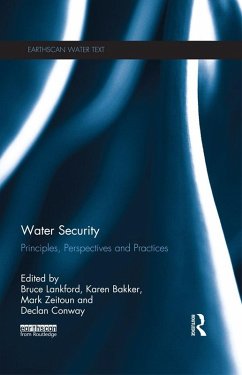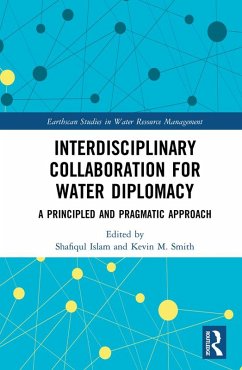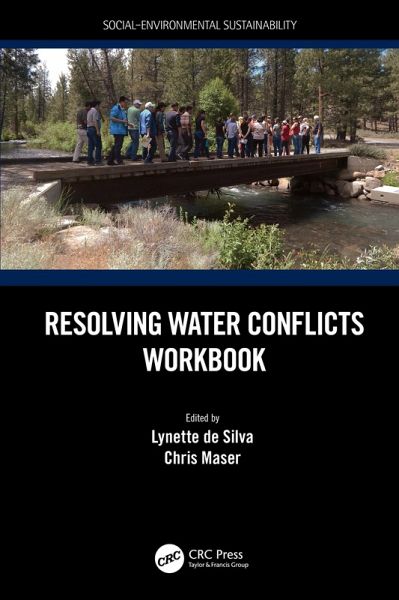
Resolving Water Conflicts Workbook (eBook, ePUB)
Versandkostenfrei!
Sofort per Download lieferbar
45,95 €
inkl. MwSt.
Weitere Ausgaben:

PAYBACK Punkte
23 °P sammeln!
This book works to build trust, consensus, and capacity to enhance understanding through a water conflict management framework designed to bolster collaborative skills. Built on case-studies analysis and hands-on real-life applications, it addresses issues of water insecurity of marginalized systems and communities, global water viability, institutional resilience, and the inclusion of faith-based traditions for climate action. The authors assess the complexities of climate challenges and explain how to create sustainable, effective, and efficient water approaches for an improved ecological an...
This book works to build trust, consensus, and capacity to enhance understanding through a water conflict management framework designed to bolster collaborative skills. Built on case-studies analysis and hands-on real-life applications, it addresses issues of water insecurity of marginalized systems and communities, global water viability, institutional resilience, and the inclusion of faith-based traditions for climate action. The authors assess the complexities of climate challenges and explain how to create sustainable, effective, and efficient water approaches for an improved ecological and socioeconomic future within the UN's Sustainable Development Goals.
Dieser Download kann aus rechtlichen Gründen nur mit Rechnungsadresse in A, B, BG, CY, CZ, D, DK, EW, E, FIN, F, GR, HR, H, IRL, I, LT, L, LR, M, NL, PL, P, R, S, SLO, SK ausgeliefert werden.




